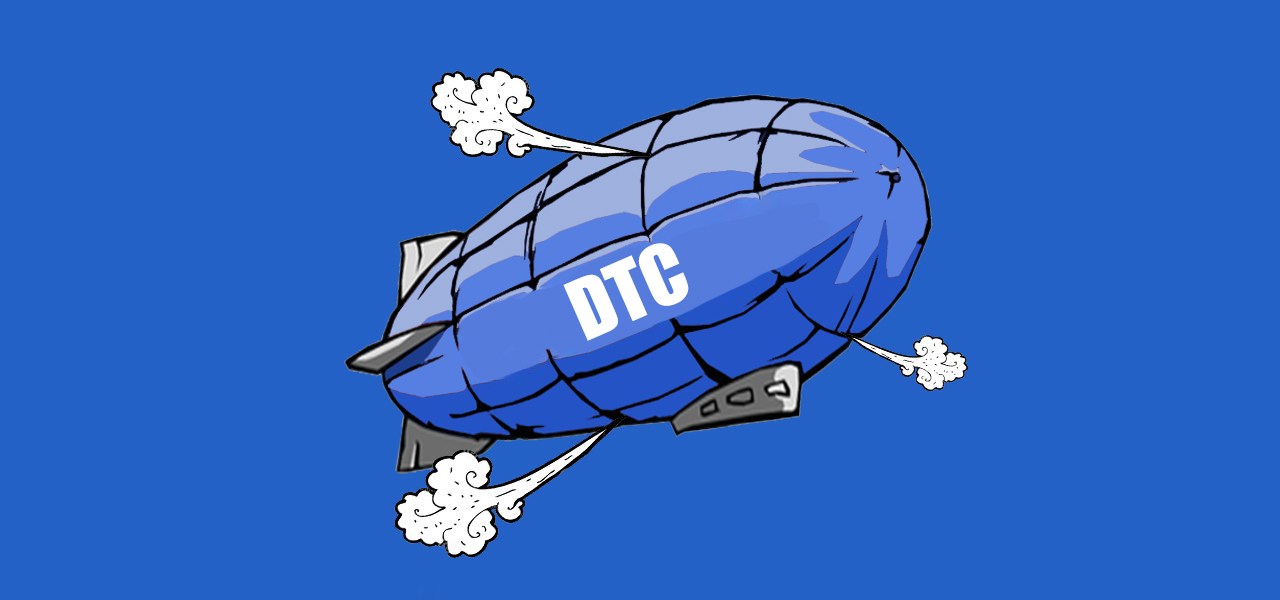The Modern Retail Dictionary, 2021 edition: The hottest (and most meaningless) brand buzzwords, explained

Another year, another look back at linguistic trends.
If there’s one thing marketers, founders and VCs alike all love, it’s buzzwords. And it has certainly been a banner year for buzzwords. Investors known for evangelizing direct-to-consumer brands turned their crosshairs to Web3; but what does that even mean? We at Modern Retail are happy you asked!
The Modern Retail editorial team has spent hours — or at least many minutes — translating the hippest buzzwords plaguing retail right now. In the vein of our dictionaries from years past, we pored over press releases, reviewed earnings transcripts, interrogated sources — all to answer the ever-persistent question: ‘Huh?’ We put this all together below in our updated Modern Retail Dictionary.
In this robust (though, admittedly, not exhaustive) glossary of industry lingo, we aim to provide a lens into the turning tides of the brand and retailer landscape. From omnichannel to iOS14 to NFT, below is our attempt at explaining all the things you read on Twitter but were too lazy to look up. Enjoy!
15-minute delivery: A way for New Yorkers to get their groceries for free for a month by using 20 different promo codes
Art Basel: New CES
Casper: He who shall not be named
Ad position: web_incontent_pos1
Clubhouse: An app that hasn’t been opened since March
Collaboration: Instagram giveaway
Commitment: A vague promise that won’t need to be fulfilled until a decade from now
Container ships: What we’re blaming every back-end hiccup on
Covid safe: We installed a hand sanitizer dispenser
Ad position: web_incontent_pos2
Creator: Someone with a big Instagram following and a Ring light
Curated assortment: Here’s five products from my friends’ companies
Customer centric: We held one (1) focus group
Discord: The next soon-to-be-uncool (read: cheugy) platform
Diversification: We’re running TV ads now
Drop model: We’re trying to be Supreme
E-commerce spinoff: The latest strategy get rich quick scheme invented by PE
Experiential retail: How we defend our brick and mortar locations not being profitable
First-party data: Our website pesters you nonstop until you give us your email address
Ghost kitchens: The back of a restaurant, but make it VC-backable
Headless commerce: A way for developers to charge more
IDFA: A thing to blame all of our customer acquisition troubles on
Inflation: The thing we keep talking about so customers will be slightly less angry when we raise our prices in January
iOS 14: The excuse marketers are giving higher-ups so that they keep their jobs
Limited edition: Literally every new product we release
Livestream shopping: QVC redux
Loyalty program: Our customer retention strategy
Marketplace: Our current e-commerce strategy isn’t working
Metaverse: A meaningless term invented by Mark Zuckerberg and adopted by marketers
New normal: We refuse to say “Covid”
NFT: A JPEG, with a Discord group
Omnichannel: We finally implemented curbside pickup!
Omnipresence: The new omnichannel
Operator: Someone who worked at one startup and won’t shut up about it
Partnership: We put out a press release together
Peloton: Either PR geniuses or PR pariahs, depending on what day it is
Preorder model: Our supply chain is still seriously messed up
Profitability: “Eventually!” said every DTC start-up who IPOed this year
Retail media: How we convince investors that we’re actually a tech company, not a retailer
Roll-up company: The latest investment trend for VCs that are hoping will actually turn a quick buck
Same-day delivery: We are desperate for you to stop shopping on Amazon
Shop-in-shop: A bigger end-cap
Shopper journey: Bombarding people with Instagram ads until they buy
SMS strategy: No one is opening our emails anymore
Supply chain issues: Why you may not get your new iPhone before next year
Sustainability: A new thing we’re mentioning in all of our marketing materials that has also always been core to our company since day one
TikTok: The thing we desperately want to build a proper ad platform so we can stop using Facebook so much
Two-year stack: We grew too much in 2020 and don’t want to talk about it
Web3: The latest thing consumer investors will conveniently forget about one year from now

